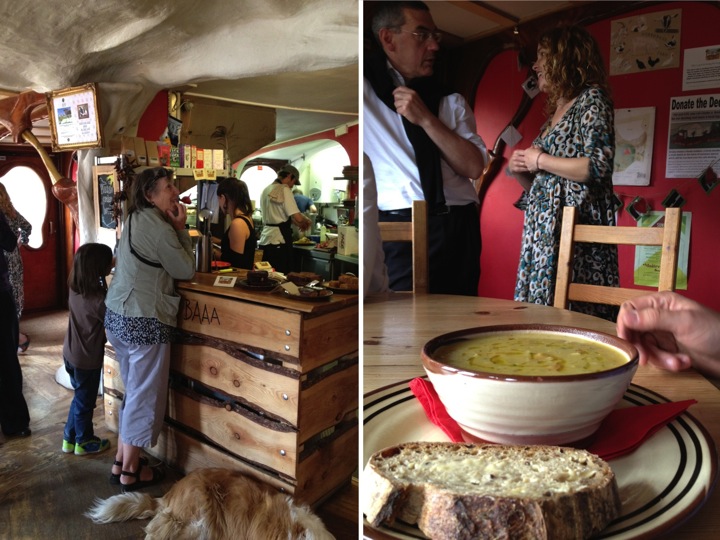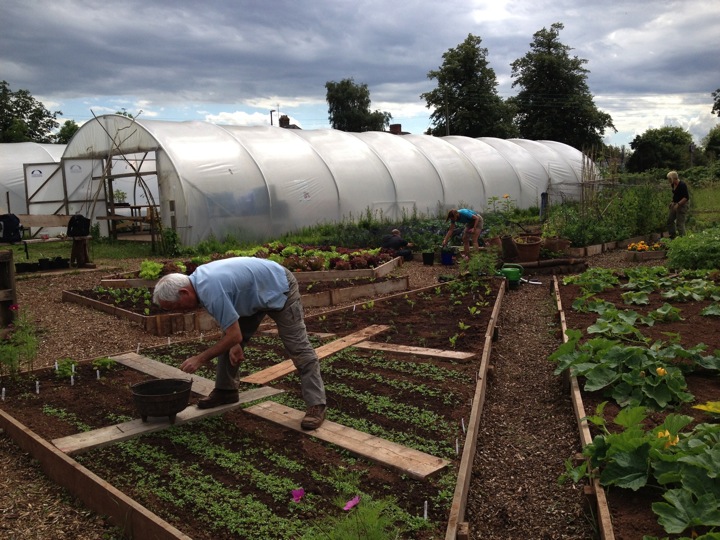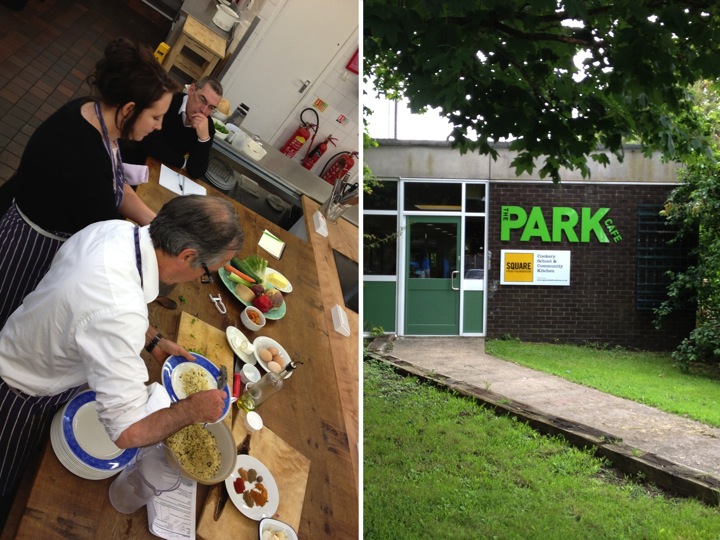Bristol / Opportunities and challenges
Rich pallet of initiatives
Bristol has an extraordinary variety and range of sustainable food initiatives, large and small, recent and longstanding. The Bristol Food Network consistently sparks a wide range of creative and colourful initiatives. Its rich newsletter and active website clearly demonstrate Bristol as one of the leading cities to promote sustainable and healthy food. And yet, on the other hand a share of the population are ‘divorced’ from food.
Disengagement with food
There is an alarming disengagement with food in many sectors of the UK population, characterised by lack of cooking skills and general understanding of food. “It’s not rare to see young people who don’t eat breakfast or lunch and go all day long with sweet bars and soft drinks and have fast food for dinner”
This is now a multi-generational issue.
Transitory and pervasive initiatives
Inevitably some initiatives are likely to be more successful than others. Questions exist of their resilience, their capability to generate economic returns, their capacity to reach the disengaged. Certain initiatives by nature cut across all communities and social layers: i.e. teaching cooking classes to schools (see the Square Food School below) both positively impact on children and also their families, often those in greatest need.
Shrinking public funding
The National Big Lottery’s Local Food Fund a £57.5 million programme has funded 428 projects in UK that help make locally grown food accessible to local communities. 3 projects from the Bristol area – including the Feeding Bristol Project have benefited Beyond these projects the challenge seems to be how to keep everything afloat and to support the dynamic Bristol Food Network in a time of shrinking public sector budgets. Even if some initiatives tends to be lighter and financially more autonomous as the Severn Project (see below), supporting them, developing synergies and promoting them extensively to increasing sections of the population, can need a helping hand, financially and in kind.
| The Square Food School | The Park is home to the Square Food Foundation and its training kitchen. Knowle West is one of the more vulnerable neighbourhoods in Bristol where poor eating habits are quite entrenched. Having previously had a good quality wholesome food café fail through lack of interest, the offering is now ‘transition food’ a mixture of wholesome and ‘junk food’ so it stays to some extent familiar and therefore accessible to local people. This provides a progressive pathway to sustainable and healthy food. | The Severn Project | The Severn project is an integrated food growing initiative and a recovery programme for a range of clients including those with a history of addiction. They are based on 3 sites: Keynsham, Whitchurch where farm shop and café are under construction and the Diesel Depot site and aim to create at 25 full time jobs. The aim is to be self-funded based on funding for each client referral and on income on sale of produce. The director commented with humour: “…how can you help youth to stop to be dependent if your project itself is dependent on subsidies?“
| The Severn Project | The Severn project is an integrated food growing initiative and a recovery programme for a range of clients including those with a history of addiction. They are based on 3 sites: Keynsham, Whitchurch where farm shop and café are under construction and the Diesel Depot site and aim to create at 25 full time jobs. The aim is to be self-funded based on funding for each client referral and on income on sale of produce. The director commented with humour: “…how can you help youth to stop to be dependent if your project itself is dependent on subsidies?“
 | The City Farm Café | St Werburghs City Farm café is a popular meeting place that promotes organic local food. The Café has set up an ‘allotment trading scheme’ where gardeners from nearby allotments bring their surplus produce and get stamps on a trading card they can then exchange for meals in the Café.
| The City Farm Café | St Werburghs City Farm café is a popular meeting place that promotes organic local food. The Café has set up an ‘allotment trading scheme’ where gardeners from nearby allotments bring their surplus produce and get stamps on a trading card they can then exchange for meals in the Café.


